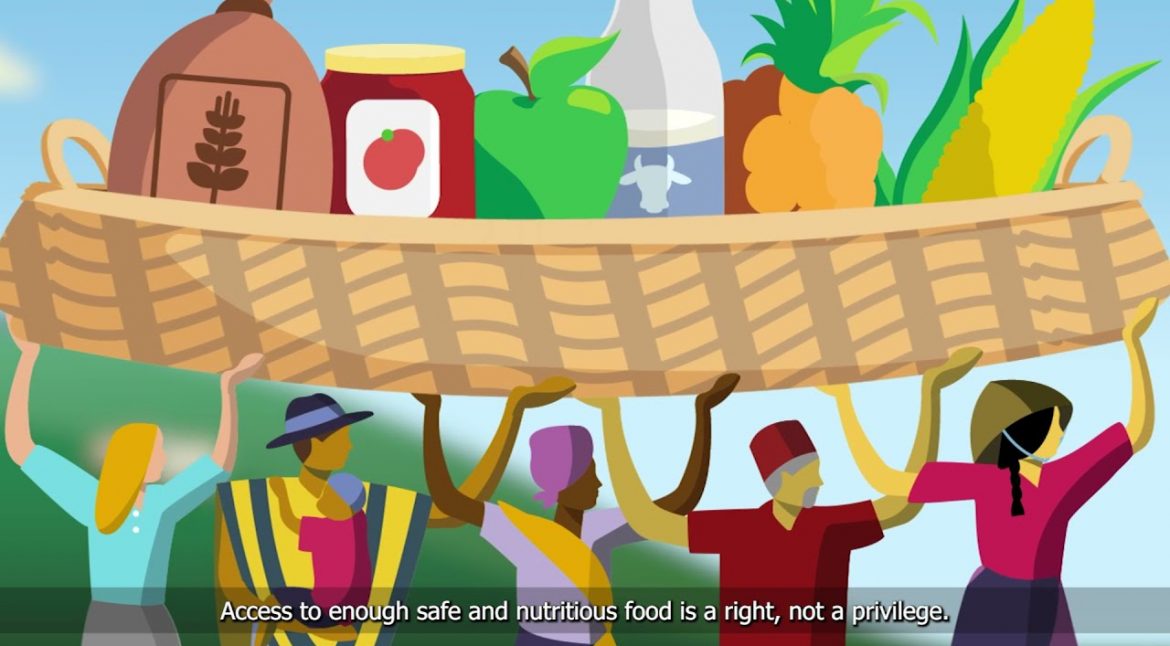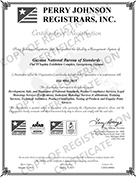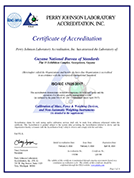Producing safe food for human consumption is important for the health and safety of our population and supports the sustainability of the local food sector. Stakeholders in the local food sector, including producers, manufacturers and regulators on June 07, joined others around the world to commemorate World Food Safety Day 2022 under the theme: ‘Safer food, better health’. The Guyana National Bureau of Standards (GNBS) develops and supports the implementation of standards relating to food and food safety and applauds the United Nations General Assembly for bringing food safety into focus since 2018, through the annual Food Safety Day observances.
Safe food can be described as edible items which do not contain any poisonous, harmful, or disease- causing substances or microorganisms that may render such food injurious to human health. Many national and international standards provide requirements and parameters to guide testing, inspections, and the application of good practices to ensure food safety.
Though the GNBS does not monitor food and related products, it has available several useful standards which address food labelling, food hygiene, and other specifications that can be implemented to ensure the production of safe food.
The Bureau also offers training and technical assistance to regulators and producers of food to respectively monitor and implement food safety requirements in Guyana. These GNBS services are based on Good Manufacturing Practices (GMP), Hazard Analysis Critical Control Points (HACCP) and the ISO 22000:2018 Standard, among others.
The use of the ISO 22000:2018 standard – “A Food Safety Management System – Requirements for any organization in the food chain” to demonstrate adherence to food safety requirements is gradually gaining momentum in industries across the globe, and our local industries too should move apace. This international standard specifies requirements for a food safety management system to help organizations demonstrate their ability to control food hazards, to ensure that food is safe at the time of human consumption. Using this Farm-to-Fork guideline helps to control processes from the level of cultivation all the way to consumption.
The standard enables clear, dynamic communication across the entire supply chain through organized and targeted exchanges among trade partners, suppliers, customers, regulators, and other interested parties. In addition, traceability, which identifies an organization’s impact on food safety within the supply chain, can be achieved through the standard.
Additionally, the document allows for greater confidence in the safety of food and related products that are served and delivered along the food chain. Thus, many companies which implement the standard use less time and effort to earn the trust and confidence of prospective customers during product promotions.
Further, implementing the ISO 22000 standard reduces the risk of financial penalties caused by product recalls and litigations, and helps to improve the performance of the organization through continued improvements.
As stakeholders across the local food sector produce to meet our food needs, they are encouraged to consider standards which offer crucial guidance towards the consistent production of safe food for consumers. Remember the theme for this year’s World Food Day – “Safer food, better health.”
For standards, training and technical assistance call the GNBS on Telephone numbers: 219-0064 or 219-0065 or WhatsApp: 692-4627

17
Jun





